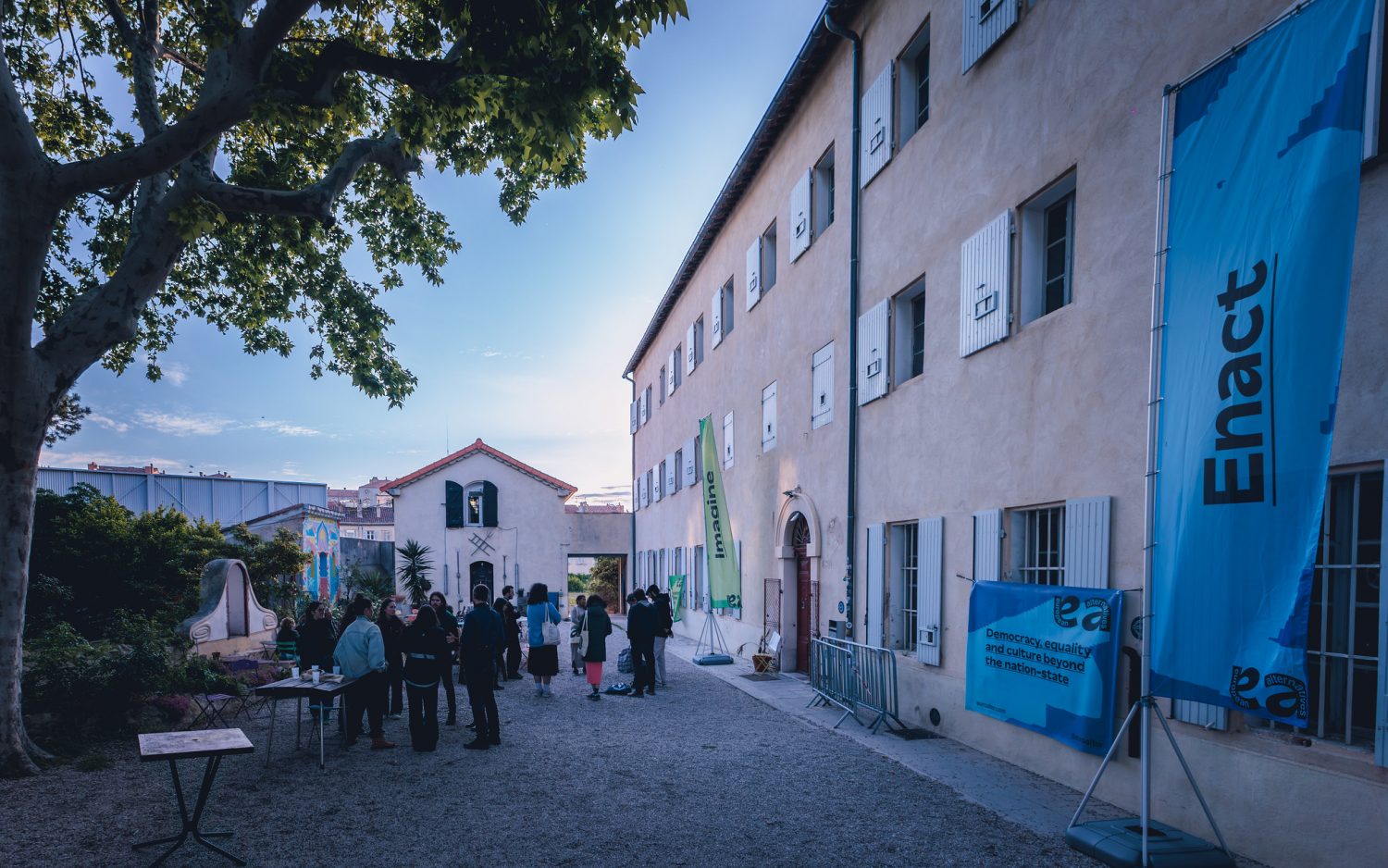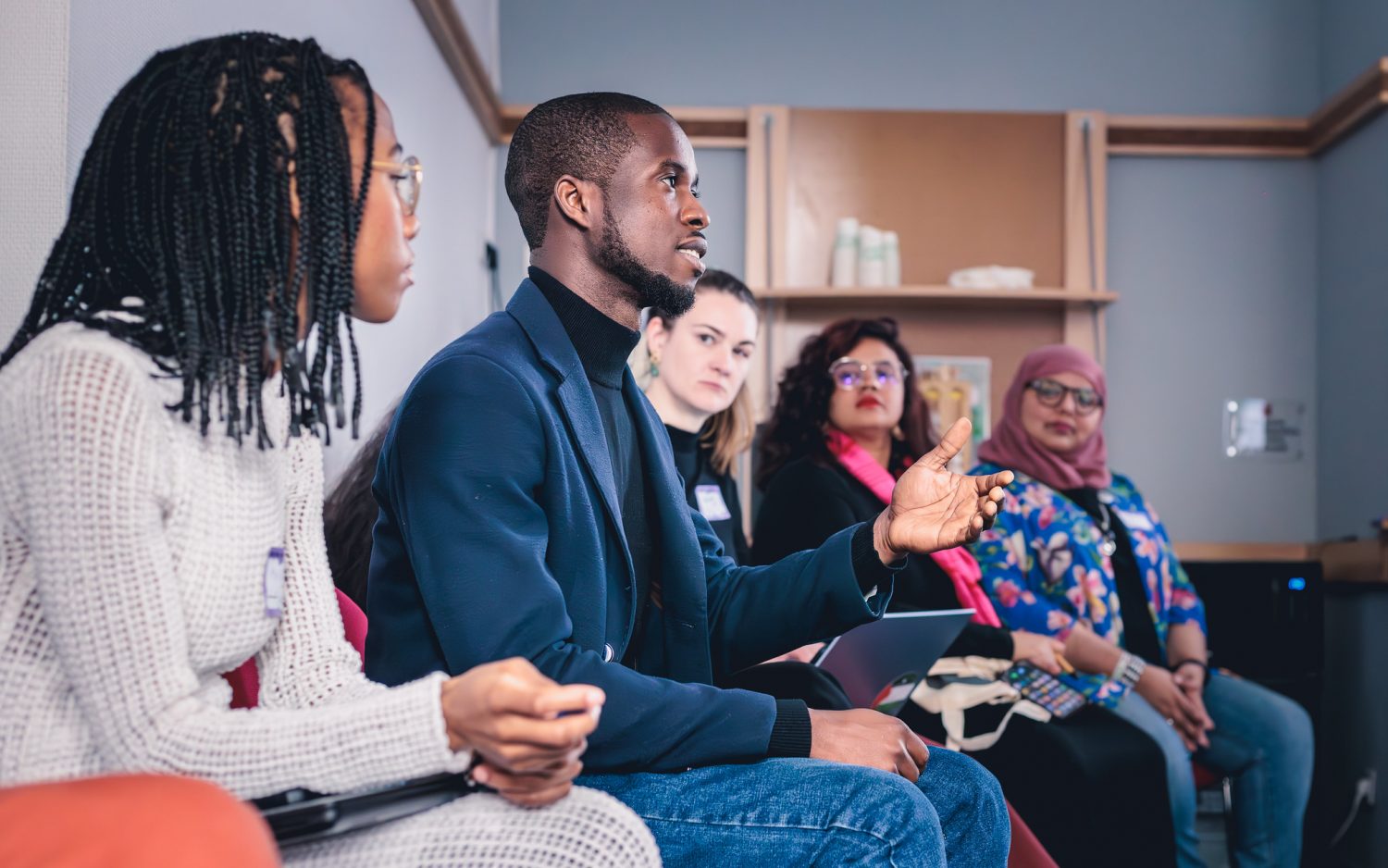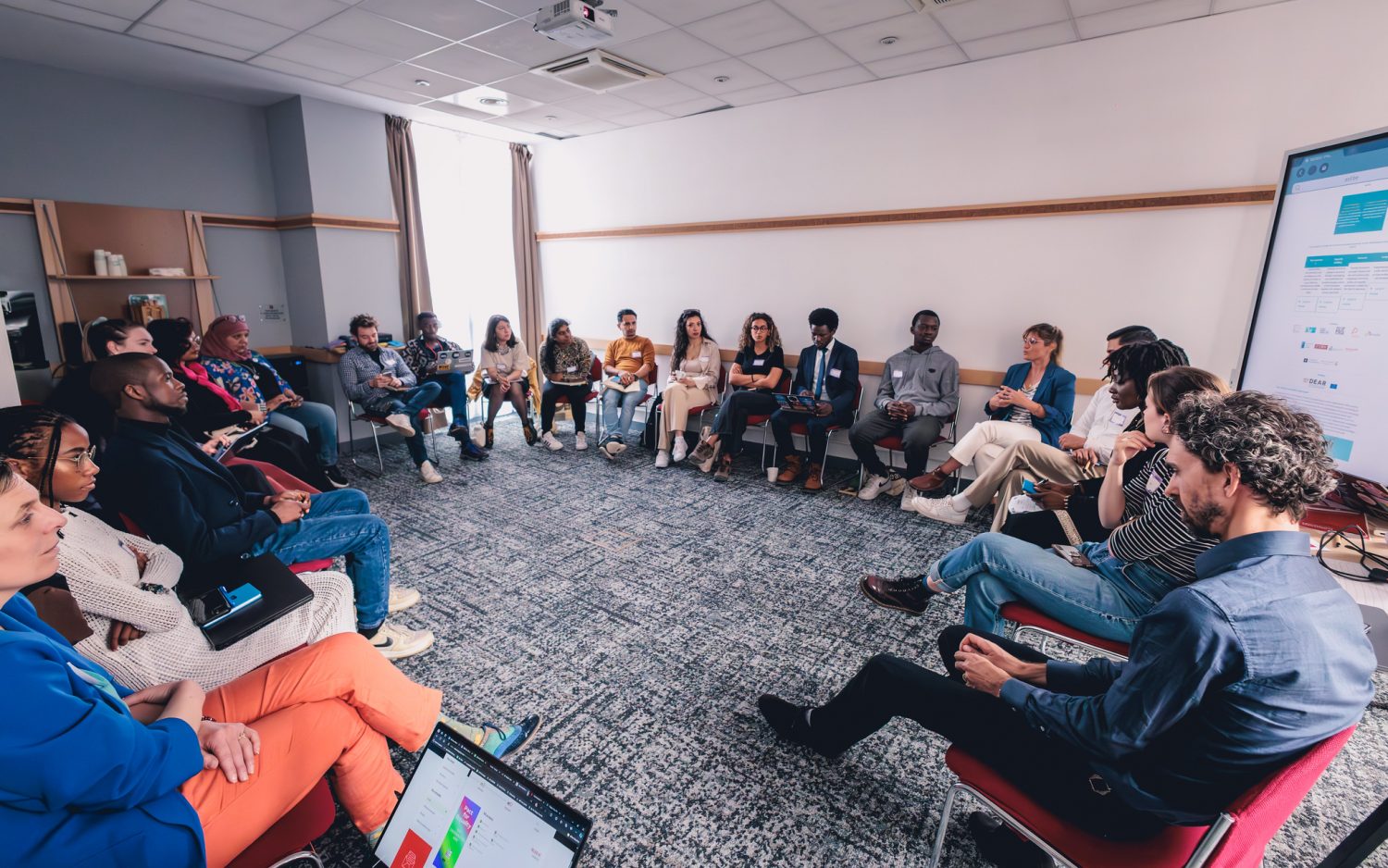Avocats Sans Frontières, European Alternatives and a consortium of civil society and university partners are coming together to promote equality and to fight discrimination affecting specifically migrant communities in Europe. We will work together over this crucial electoral year, and over the coming years to transform Europe’s approach to diversity.
The European elections are approaching, and people with a migrant background, racialized people, women, LGBTQIA+ and other minorities continue to be used as scapegoats and are subject to hate speech. This reflects systemic discrimination still prevalent in many parts of Europe’s society and politics.
Discrimination in all its dimensions is rising in all European countries, despite the EU’s attempts to address racism, sexism, and homophobia. A recent Eurobarometer survey (n. 535) concludes that discrimination is seen as ‘widespread’ and ‘increasingly prevalent’, particularly based on the basis of being identified as Roma, on the basis of skin colour or ethnic origin, religious belief, gender identity or sexuality.
Current EU border and migration policies risk increasing this discrimination even further. We say: enough!
This is why, in the campaign period and afterwards, the voices and agency of racialized people and people with a migration background must be amplified. Together, we will call on EU election candidates to commit to a Pact for Equality, which will centre anti-discrimination and anti-racism in all EU policies, including migration, and promote regular engagement of parliamentarians with community and migrant-led organisations in Europe and beyond, and promote the upscaling of best practices from local experiences.
Our principles
The EU is not the human rights example it claims to be. Discrimination and structural racism are rife – from profiling, exclusion, to violence and death – and after these elections, likely to rise for migrants*, refugees, and racialised people**.
In 2022 the Fundamental Rights Agency survey on Being Black in the EU found that within a year, “racial discrimination [had] risen from 24% to 34%. It has increased the most when searching for accommodation, looking for a job, at work and in education.”
In December 2023, the EU Barometer survey found rising discrimination across the EU, most commonly due to ethnicity, race, gender identity and sexual orientation. Most instances of discrimination took place at work or in public spaces.
Yet, our communities have never been more interconnected. Europe is becoming increasingly diverse and aware of its multiple identities and histories. We can use our connections in this crucial time to create an equal, inclusive, representative, and vibrant Europe together.
Let’s make a Europe of human rights a reality – not just a slogan.
Acknowledge our agency and recognise our shared humanity and common values.
Join the Pact for Equality today and join the fight for a future of equality in Europe!
Who we are
As a group of anti-racism, migration, and anti-discrimination advocates, all politically active in our communities, we mobilised our expertise to formulate the Pact for Equality’s principles and demands over two days of deliberation in Marseille, April 2024.
This Pact is shaped by our personal experiences of exclusion and discrimination, as well as our strong links with local communities.
Our mission statement:
“We have the privilege of speaking on behalf of ourselves and drawing attention to similar struggles faced by our communities. We want to use our skills, unique perspectives, and expertise to demand people in positions of power change the reality faced by migrants*, refugees and racialised people in Europe**, and contribute to ending all forms of discrimination.”
Our demands
| Anti-discrimination and equality – Expansion of equality or anti-discrimination frameworks to all EU policies – Awareness-raising and education on racism and discrimination – An EU anti-racism law that addresses the gaps in the Race Equality Directive for comprehensive protection from discrimination – Investment and incentives for Corporate Social Responsibility programmes specifically on issues on discrimination and equality – Structural investment in civil society organisations, primarily those led by racialised people – Mandated collection of disaggregated data, with clear and broad categories for self-identification encompassing race, ethnicity, country of origin, nationality, and religion, as well as gender, sexuality, and ability – Equal and fair recognition of university degrees or technical qualifications with EU academic institutions, regardless of country of origin or sponsorship. Migration and Asylum – Provide safe migration routes to Europe, with universal access regardless of country of origin – End EU externalisation policies – End deportations of migrants, refugees and asylum seekers – End racial profiling at the borders and in society – Equal civic, political and social rights for all migrants – Complementary routes to arrival, including but not limited to expanded student and worker visas, humanitarian visas, family reunification, and private sponsorship Democracy and citizenship – The right of everyone born in the EU to acquire citizenship (jus soli) – Pathways to naturalisation without racist and discriminatory criteria based on nationality, country of origin, ethnicity or race, or socio-economic status – The right of everyone to acquire an EU citizenship that is not tied to a specific Member State – The right to vote for all EU residents, regardless of citizenship or migration status, for local and EU elections – A guarantee that EU citizenship acquired from a Member State or the EU can never be revoked, even for those with dual or multiple nationality – The EU to acknowledge colonial responsibility in excluding racialised people in participative democratic system and to work towards greater inclusion, representation and (meaningful) participation – A harmonised EU citizenship system and the uniform application of the 1997 Citizenship Directive |



